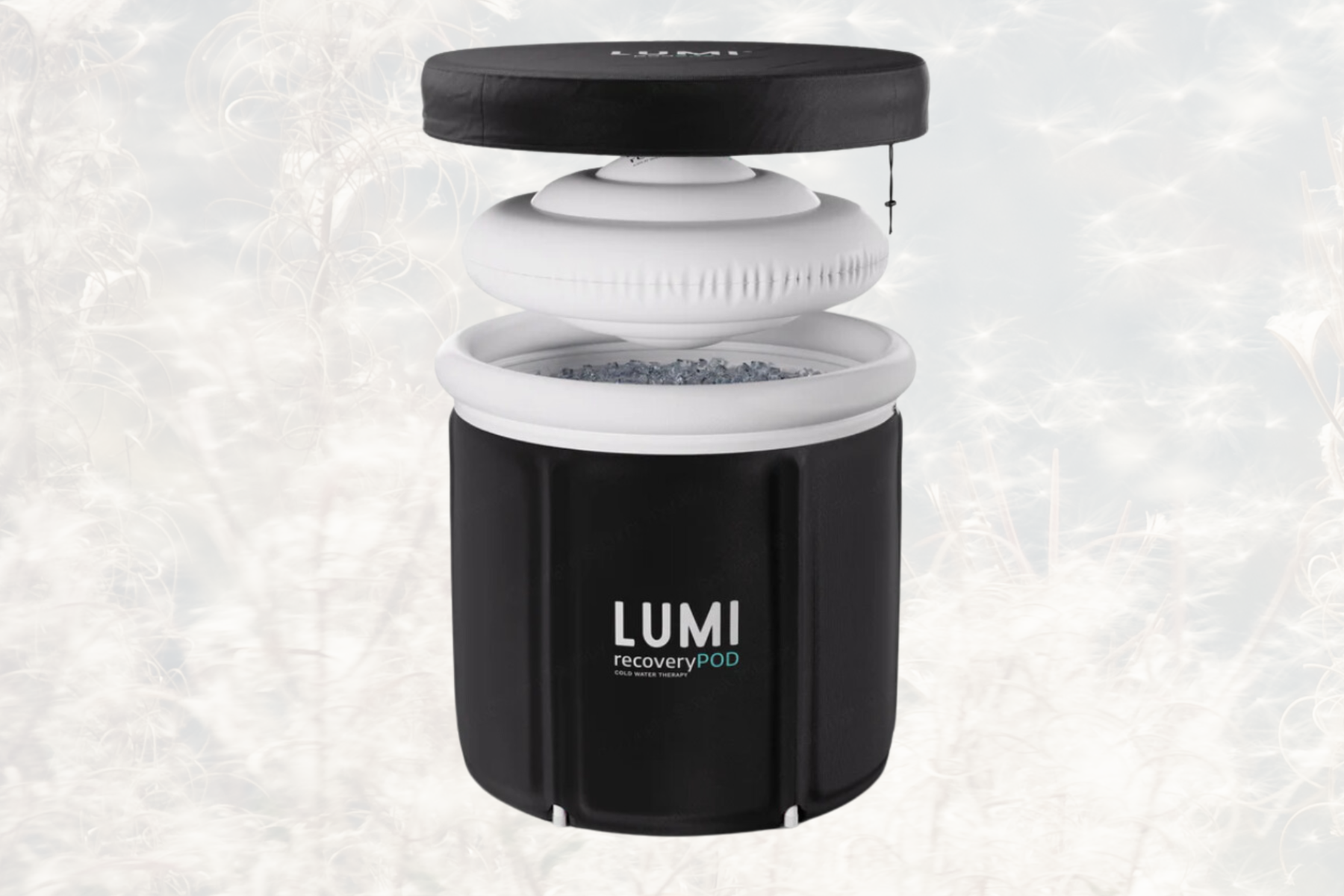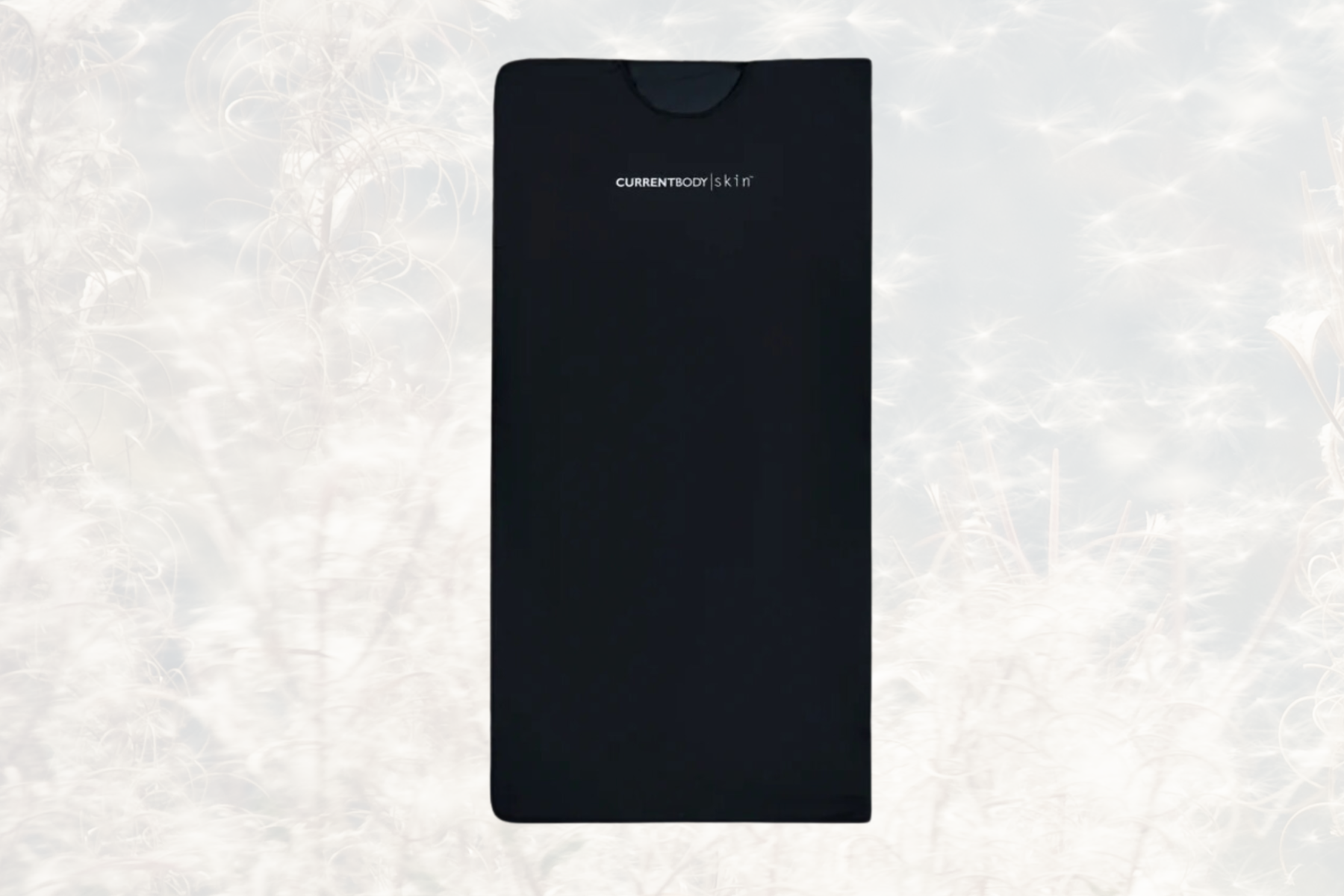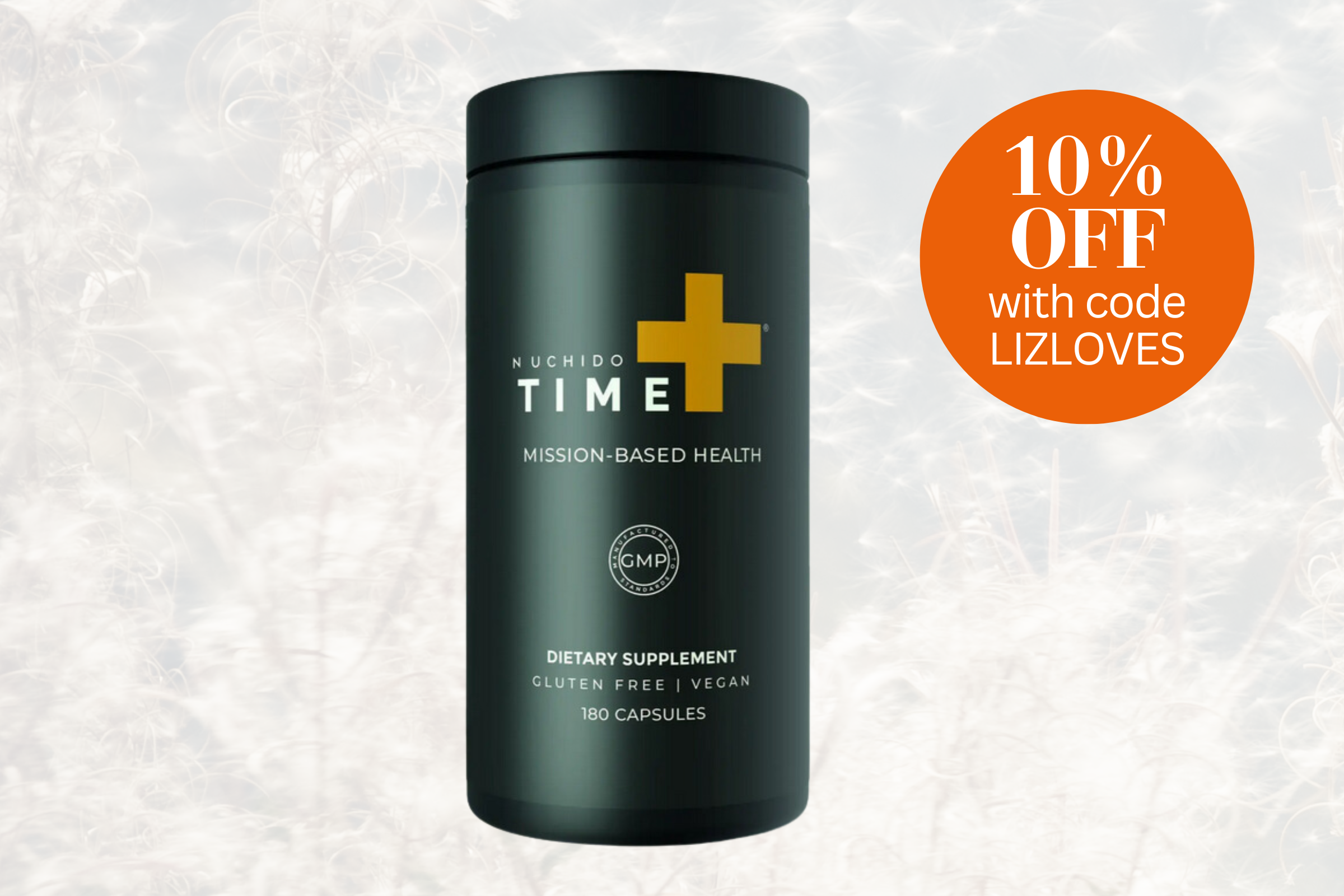Health
5 ways to slow signs of ageing and support longevity
When we think about ageing, we often associate it with changes to our appearance and capabilities. Many of us turn to products and treatments to combat these, but experts believe that the key to rejuvenation lies within our cells and slowing – or even reversing – a process known as ‘cellular ageing’.
What is cellular ageing?
The building blocks of the body, our cells play specific roles and perform important biological functions like energy production, waste removal, growth and repair. A healthy body requires cells that are functioning effectively.
“Unfortunately, the older our cells get, the more they lose their ability to function efficiently,” explains Dr Nima Mahmoodi, founder of wellness clinic Remedi London. “Factors such as poor diet, too much alcohol, UV exposure, smoking and stress also contribute to cellular damage, disease and ageing.”
Experts believe that ageing begins at a cellular level. “The external manifestations that we associate with ageing, such as tiredness, loss of cognitive function, and skin changes like wrinkles, occur due to dysfunction at a cellular level, so we must treat it at this level,” says molecular biologist and cellular ageing expert, Dr Nichola Conlon.
Fortunately, cells have the capacity to repair themselves. Research suggests that by addressing ageing at its core, we can potentially halt the onset of various diseases, maintain healthy skin and promote overall wellbeing.
By employing good lifestyle practices, we can create a domino-effect at the cellular level, helping to improve our chances of living longer, healthier lives. Here are five ways to treat ageing from a cellular level.
How to slow down cellular ageing
Check your blood
We tend to take a reactive approach to healthcare, going to the GP when we’re already sick. By adopting a proactive approach, we can take our health into our own hands.
“Ageing is not an inevitable decline but a modifiable process,” says Dr Conlon. “Just like we maintain our cars with regular MOTs, so too can we nurture our bodies and get ahead of diseases, rather than just waiting for something to ‘break’.”
She recommends twice yearly blood tests. “Monitoring your own biomarkers is powerful because you can detect anything that is slightly off, potentially before it becomes a significant health issue.”
Dr Conlon suggests checking your cholesterol levels, iron profile and HbA1C – which looks at your blood glucose levels and how much inflammation the body is exposed to. It’s also worth monitoring the thyroid profile, hormones and deficiencies in vitamin D, B12 and folate.
“The results of these tests can give you a clue as to whether you need to introduce lifestyle changes,” shares Dr Conlon.
Thriva is one brand that delivers blood tests to your door.
Feed your cells
The saying “you are what you eat” couldn’t be more accurate when it comes to cell ageing.
“Cell ageing is driven by oxidative stress,” says Dr Alexander Julienne Audette, an expert in orthomolecular medicine. “Think of what happens when food moulds. The same can happen to our cells when they don’t have access to all of the nutrients that they require.
“This leads to inflammation that can become acute or chronic, depending on whether or not the cells receive the fuel that they need to repair.”
Experts agree that a diet rich in antioxidants, vitamins, and minerals and low in processed sugars can support cellular health by mitigating oxidative stress and reducing inflammation.
“Around 70% of our immune system is located in the gut,” shares Dr Conlon. “Studies show that incorporating 30 different plants into our diet each week increases the diversity of the gut microbiome, which can reduce chronic inflammation and promote healthy ageing.”
Foods high in antioxidants include berries, dark chocolate, and green leafy vegetables, while omega-3 fatty acid rich foods are essential for maintaining cell membrane health.
“Avoid foods high in saturated and unsaturated fats, quit soft drinks, cigarettes and limit alcohol consumption, which all contribute to cell inflammation – a key driver for ageing,” adds Dr Audette.
Exercise regularly
Exercise is one of the most impactful ways of promoting healthy ageing – it boosts circulation, delivering essential nutrients and oxygen to the cells while flushing out toxins. Studies show that regular exercise can reduce inflammation and enhance the function of the mitochondria (the energy producing powerhouse of the cell).
“Try exercise that puts the mitochondria under a bit of stress, like high-intensity interval training or strength training, as this activates nicotinamide adenine dinucleotide (NAD+) – a molecule that plays an important role in cellular metabolism,” advises Dr Conlon.
Low-intensity exercise such as walking in nature, yoga and pilates are also beneficial – especially if you are prone to stress.
“These exercises are great for maintaining the balance between the sympathetic (fight or flight) and parasympathetic (rest and digest) nervous systems,” says Dr Audette.
“When there is too much sympathetic tone, cortisol levels will be too high, causing background inflammation. This can age the cells and trigger diseases.”
Prioritise sleep
Solid sleep is crucial for cellular repair and regeneration.
“Sleep is a regenerative period where the body’s repair processes occur, including DNA repair and toxin clearance,” says Dr Alka Patel – a lifestyle medicine physician and longevity expert. “Inadequate sleep disrupts these processes and can lead to the accumulation of DNA damage within the cell.”
She recommends snoozing for seven to nine hours per night.
Try biohacking
Once the basics like diet, exercise and sleep are under control, biohacking practices can help to further enhance health, wellbeing and tackle signs of ageing.
“Therapies such as cryotherapy can help boost cellular metabolism, activate the immune system, increase alertness and promote healing,” says Dr Nima.
If you can’t get to a cryotherapy chamber, try cold plunging, dunking into a cold bath or taking a dip in the sea, all of which have the same effect.
“Opt for around 11 minutes of uncomfortable cold per week, which is proven to deliver benefits,” advises Dr Conlon.
Several studies show that intermittent fasting can also give the body time to repair and recycle the cells – a process called autophagy. This can boost memory, heart health, physical performance and improve skin conditions.
Experts recommend around 12 hours for women and 16 hours for men. But, always consult your doctor before making such changes to your diet.
Biohacking products we love to support longevity
Lumi Recovery Pod

The Lumi Recovery Pod Ice Bath, £85, is a home-use ice pod that’s ideal for cold water therapy beginners.
CurrentBody Sauna Blanket

High levels of stress can speed up the ageing process by disrupting the body’s balance and normal functioning. Dr Nima favours sessions in an infrared sauna to boost cell detoxification and repair as well as to promote relaxation.
De-stress at home with CurrentBody Skin Infrared Sauna Blanket, £549.
Nuchido Time+

NAD+ is a hot topic in the wellness industry right now. NAD+ is a natural molecule found in every cell in our body. Declining levels of it are thought to be a major contributor to cellular ageing.
“We depend on it for cellular energy production, maintenance and repair,” says Dr Conlon. “As we age, our NAD+ levels drop by around 50% every 20 years. This is a key driver to signs of ageing.”
Replenish NAD+ levels to keep cells at their optimum with Nuchido Time+, £65 – a supplement containing botanicals and vitamins.
Words: Anjana Gosai
Read more features like this
- I tried technology to beat anxiety – here’s what happened
- 4 reasons we should be taking a hyaluronic acid supplement in midlife
Please note, on some occasions, we earn revenue if you click the links and buy the products, but we never allow this to bias our coverage and always honestly review. For more information please read our Affiliate Policy.





